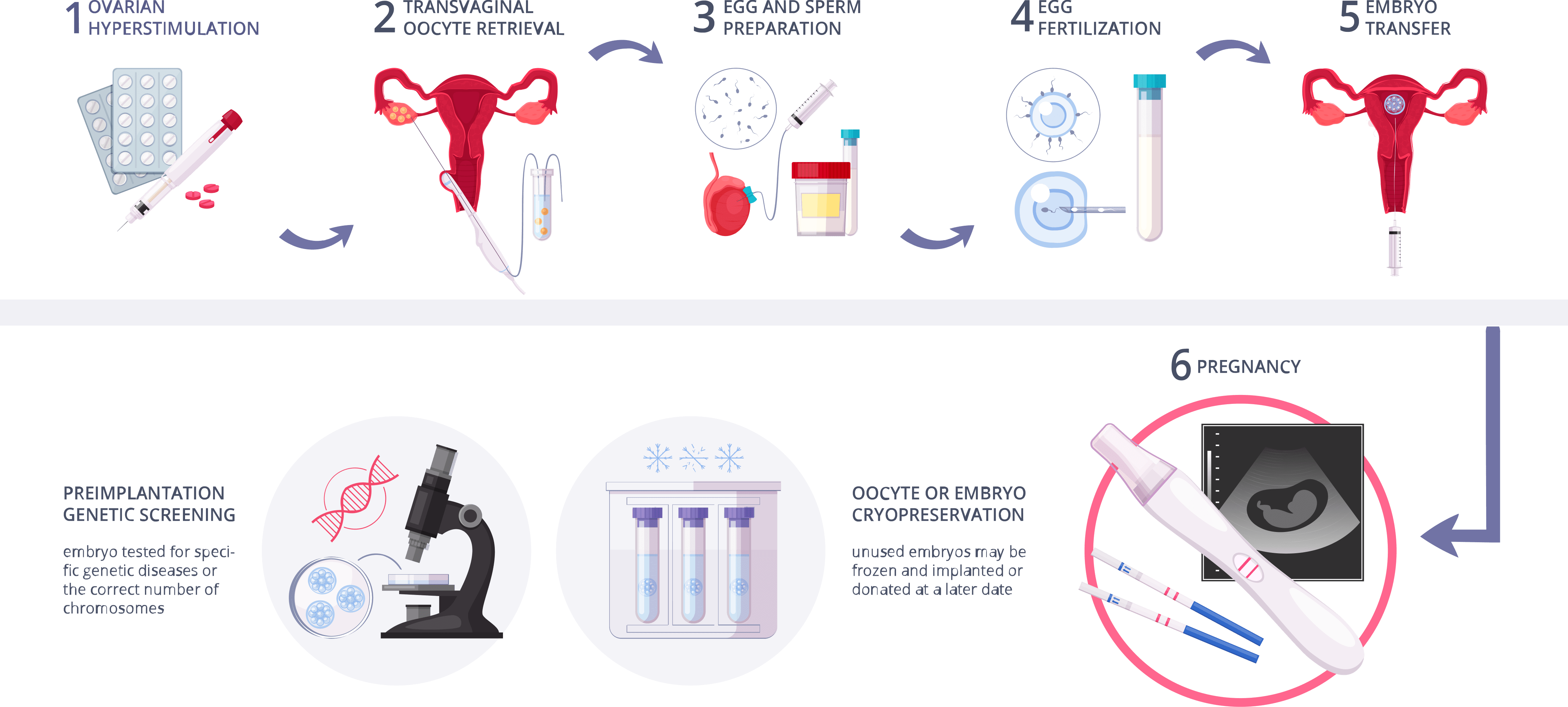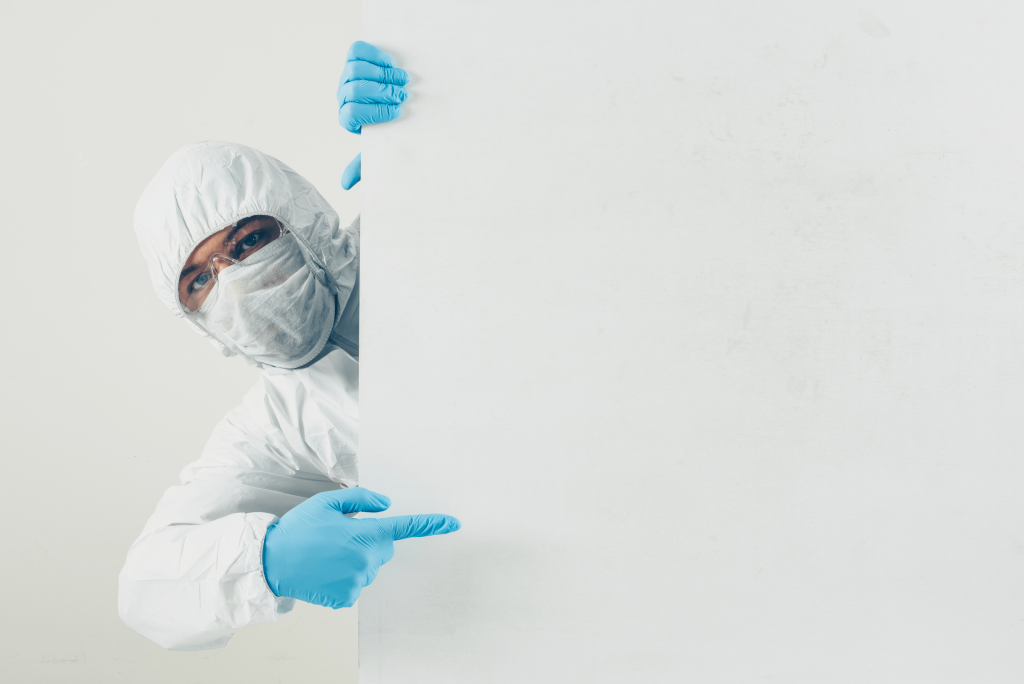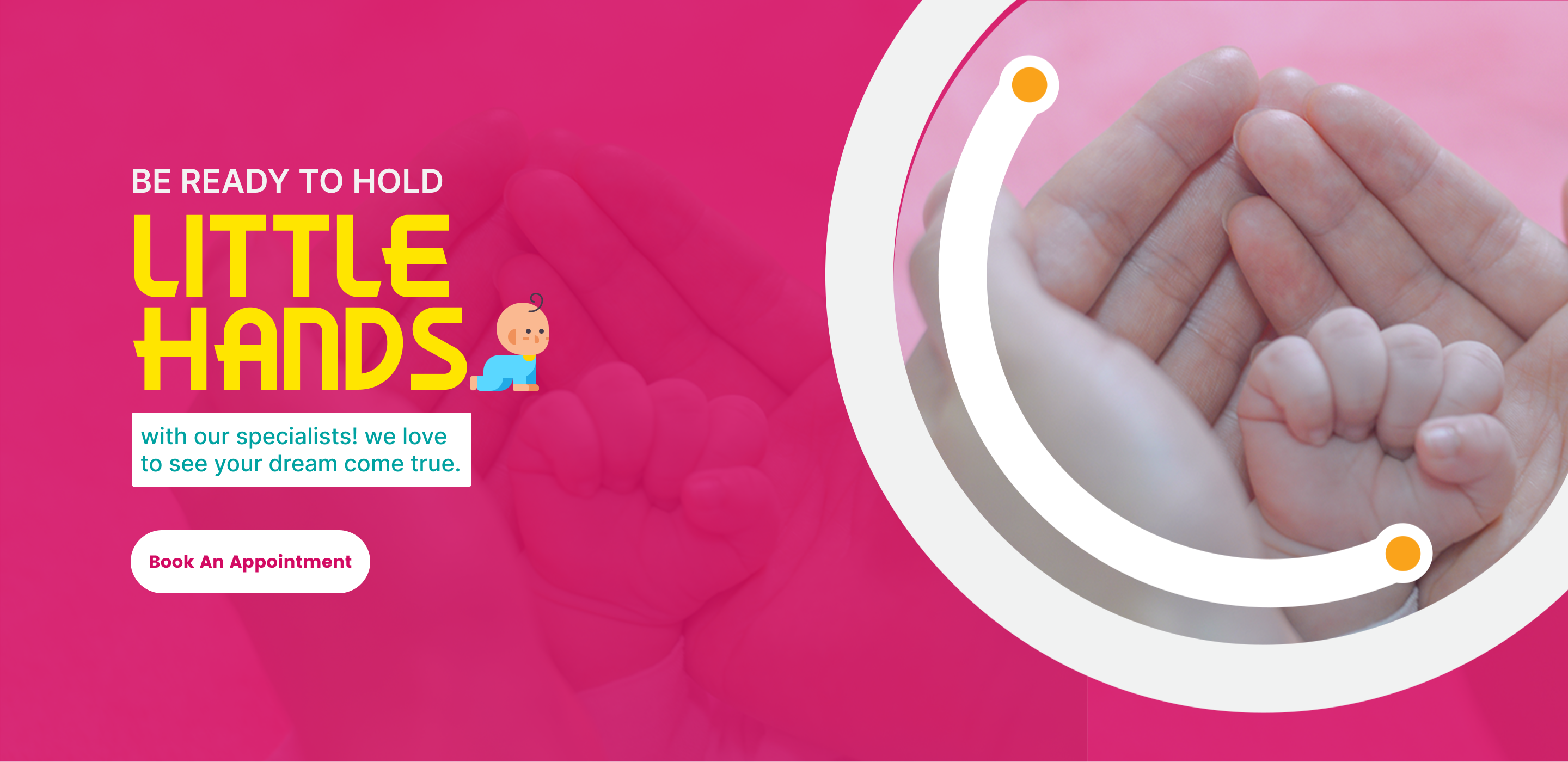Home / Fertility-Treatments / IUI


IUI
(Intrauterine insemination)
Want to conceive a baby? Come to Vijay Srishti....
Couples with infertility often start treatment with IUI involves placing a washed sperm directly into the woman’s uterus during the fertile window. This can be done as part of a natural cycle or, more often, in combination with medications (like clomiphene citrate or letrozole).

Benefits of IUI
IUI is less invasive and less expensive than many other assistive reproductive technology procedures (e.g. there is no need for surgical oocyte retrieval which requires anesthesia). Therefore, the use of IUI leads to better compliance and it is cost effective also.

Success of IUI
Success rates following IUI diminish with the advancement of age especially after 40. This success rate also decreases in women who did not get positive result after three consecutive cycles of IUI. Therefore, a discussion with the fertility specialist will guide you to an individualized success.
Success rate is as high as 26% in case of multiple follicles and as low as 6% with one follicle. Higher the sperm count, higher is the success rate. The overall success rate seems to be between 15-20 percent per cycle. 23-30 percent will be the rate of multiple gestation pregnancies
What is the best timing for IUI? Ideally, an IUI should be performed either 6 hours before or 6 hours after the ovulation. If the reason is male infertility then IUI should be performed 6 hours after the ovulation. Otherwise, the chances of fertilization are higher with the insemination done 6 hours prior to the ovulation with the sperm already waiting for the egg. IUI is best timed 36 hours after the human chorionic gonadotrophin injection. However, it may vary from 20 to 42 hours. If two IUI’s are planned then a spacing of 12 hours is required post HCG Some doctors also base the timings on Luteinizing Hormone Surge After the egg is released it is viable only for 24 hours maximum so after the surge is detected two inseminations are planned between 12 and 48 hours.

- age of the patient
- cause of infertility
- If using drugs for Fertility ?
Frequently Asked Questions
It just feels like as if you are getting a Pap smear done .So it is painless for some women. Some cramps may be felt later on but they might be due to ovulation also. It might cause discomfort at cervix.
The washed sperms can survive for 24- 72 hours; however, their potency decreases after 24 hours. Another feature of sperm is that it swims near the fallopian tube so the ideal time for fertilization is 6-12 hours after the release of egg. As the eggs, viability is shorter so it is better to combine IUI with intercourse so that sperms, which usually live for 2-3 days and at times to 5 days in fertile mucus, have a better access to ovum after ovulation.
Usually the patient is mobile after 15-30 minutes after the procedure. As the opening of the cervix is closed.
No. The sperms are injected inside the uterus, and the uterus opening is closed. However, there may be wetness due to the leakage of cervical mucus when the catheter is put in.In some cases a cervix cap is applied otherwise in majority, this is not required.
Definitely, you would consider the cost. Still at least 3-4 times on Clomid and then 3-4 times injectable with good ovulatory cycles should be preferred with well-timed IUI and thereafter if success is not achieved then go for IVF.


